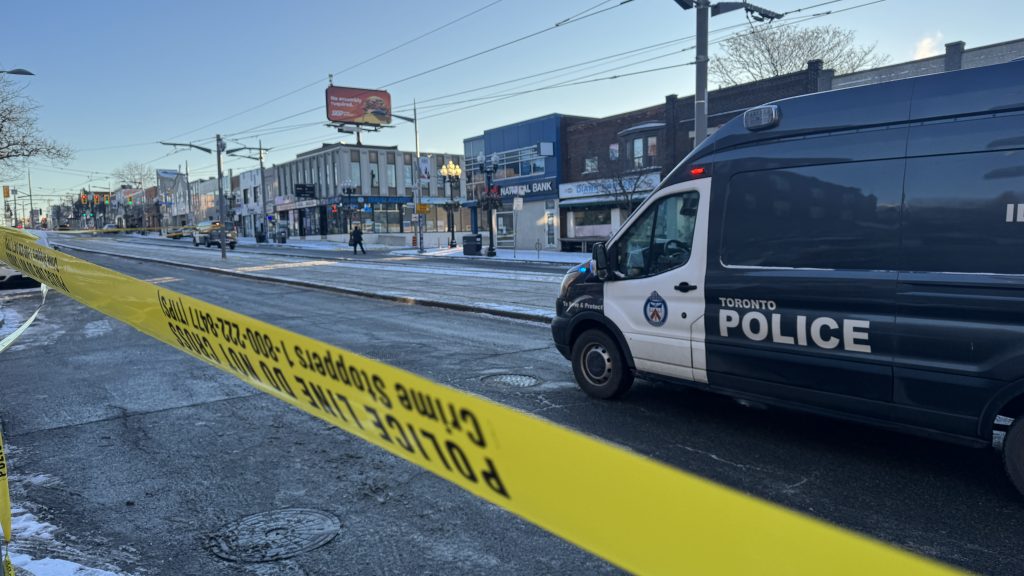Declaring gender-based violence an epidemic key to identifying much needed solutions in Toronto
Posted August 15, 2023 5:21 pm.
Last Updated August 15, 2023 8:13 pm.
The City of Toronto declaring gender-based and intimate partner violence an epidemic comes with many expectations to address what’s been called a growing crisis.
According to the federal government, police reported 1,125 gender-related homicides of women and girls in Canada between 2011 and 2021, 66 per cent of which were perpetrated by an intimate partner.
They add while gender-related homicide has declined since 2001, there was a 14 per cent increase between 2020 and 2021.
Priya Shastri with the Woman Abuse Council of Toronto or WomanACT hopes this declaration will bring city-wide awareness to the importance of having the right resources which they say is critical to bringing an end to an issue.
“It really promotes that dialogue and that conversation around action and collaboration to identify solutions and actions,” shared Shastri. “So, I think when a level of government or a region chooses not declare gender-based violence an epidemic, you are potentially hindering progress on an issue in our society.”
Advocates say the city needs to start speaking with victims and survivors to understand perspectives and identify solutions.
“What we found during COVID and even previously is a key support that needs to be available for women to be able leave violent situations is safe and affordable housing … right now our city is lacking that,” said Shastri.
Anti violence and women’s services, like WomanACT, have also been struggling with resources.
“The need is increasing but the level of resource allocated to the system is not necessarily increasing in the same way.”
WomanACT recently did a study with survivors where 76 per cent shared that they would’ve preferred to be moved to independent housing or remained in their home which would have had little impact on other aspects of their lives, however that was never an option.
“The traditional option offered to women is relocating or fleeing. We need to explore models of housing that prevent an option where that doesn’t happen,” explained Shastri.
Removing the stigma for survivors and raising awareness are also important so communities can increase access to services that can meet the diverse needs of individuals; whether that’s based on culture, sexual identity, or employment among others.
“We’re finding that in our city, there are a lot of survivors with intersecting identities,” said Shastri. “What we really need are diverse services and right now, we don’t have diverse services available to meet the needs of survivors.”
The city’s declaration, which joins 30 other municipalities and regions, comes with a commitment of providing resources to existing programs and policies, including the gender equity strategy and an action plan.
The plan is expected to go to city council later this fall. The outcome of this meeting will determine the next steps.
If you or anyone you know needs help, you can contact the following helplines:
Assaulted Women’s Helpline Crisis Line:
- TOLL-FREE: 1-866-863-0511
- TOLL FREE TTY: 1-8666-863-7868
- #SAFE (#7233) on your Bell, Rogers, Fido or Telus Mobile
Senior Safety Line
TOLL-FREE: 1-866-299-1011
Shelter Safe








